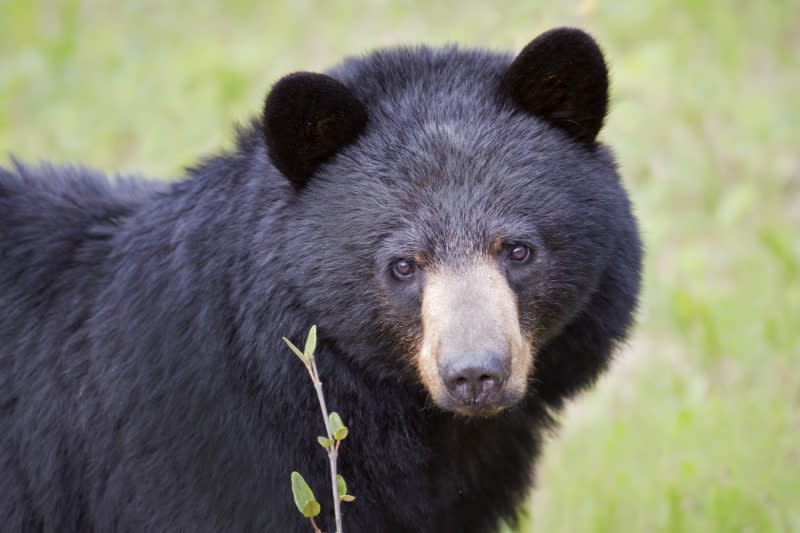IDNR warns of potential bear encounters this summer

SPRINGFIELD, Ill. (WCIA) — It’s not often that you encounter bears in Illinois. But the Illinois Department of Natural Resources (IDNR) warns to stay alert as bears in neighboring states like Missouri and Wisconsin potentially move through Illinois this summer.
IDNR says that in the early summer months, young bears become independent. They set off to search for food and a place to call home. Meanwhile, adult males seek out mates and nursing females distance themselves from their home ranges to raise energetic cubs.
“IDNR biologists are monitoring the bears movement and appreciate receiving ongoing reports from the public of its whereabouts,” IDNR Wildlife Chief Mike Wefer said. “We’re also grateful to everyone who has followed our advice to leave the bear alone and enjoy the rare privilege of observing it from a safe distance.”
U of I Wildlife Medical Clinic opening volunteer opportunities
There have recently been sightings in Saline, Pope, Williamson, and Jackson counties. IDNR officials say they don’t yet know if it’s several sightings of the same bear or multiple bears. To report a bear near you, click here.
IDNR reminds residents that bears are wild animals who should not be approached, though their mere presence does not necessarily put you at risk of danger.
Bears are omnivores, meaning they eat both plants and animals. Most of their spring and early summer diet tends to be plant-based, though they will also consume small mammals, fish, insects, birds, reptiles, amphibians, or dead animals.
Bears also have a powerful sense of smell, with the ability to catch nearly any scent or odor from more than a mile away. If a bear is reported nearby, residents are urged to check their yards for food sources, like bird feeders, barbeque grills, garbage cans, and dog food.
Here’s why bird feeders could be harmful to birds
“Through learned behavior, bears often investigate anything that may yield a food reward,” the IDNR said in a news release. “Once a bear finds a food source, they will likely return, so prevention is key.”
If bear encounters persist after cleaning up food sources, email Chris Jacques, IDNR’s large carnivore program manager, at chris.jacques@illinois.gov. You can also contact an IDNR District Wildlife Biologist for advice.
Here are some more tips from BearWise to avoid bear interactions:
Never feed or approach bears.
Secure food, garbage, and recycling.
Remove or limit use of bird feeders when bears are active.
Avoid leaving pet food outdoors.
Thoroughly clean and store grills and smokers after each use.
Alert neighbors to bear activity.
People who encounter a bear should give the animal sufficient space while backing away slowly and quietly.
See the BearWise Checklist or visit the IDNR’s Wildlife Illinois website for more “bear”-y good advice.
Copyright 2024 Nexstar Media, Inc. All rights reserved. This material may not be published, broadcast, rewritten, or redistributed.
For the latest news, weather, sports, and streaming video, head to WCIA.com.

